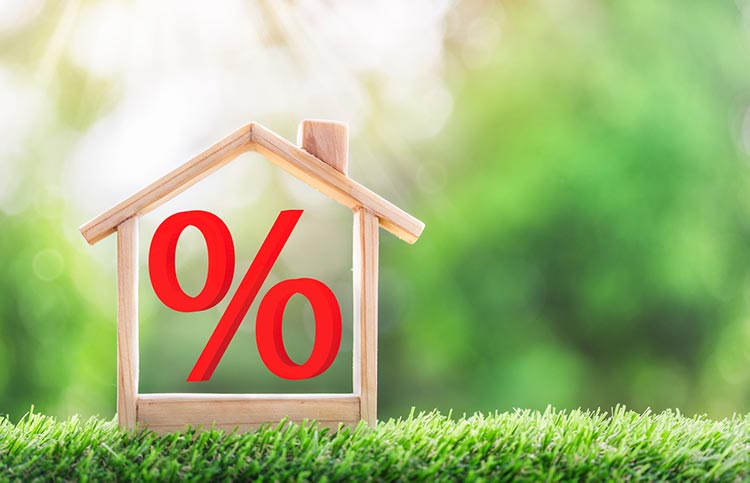The Realized Team’s Picks
What Is the Difference Between a 1099-MISC and 1099-NEC?

Tax time brings with it several different forms that must be filled out and filed to the IRS, typically by April 15. This year, the income tax deadline has been pushed to April 18, 2022 for most.
What Are Investment Risk Factors?

Understanding various risk factors can help any investor in the management of risks. Risk management is a deep subject, requiring lots of knowledge about assets and their associated risks.
Real Estate as An Alternative Investment: What You Need to Know

In its original form, Modern Portfolio Theory (MPT) was a mix between stocks and bonds, usually a 60/40 split. As the theory evolved, other types of investments were added, and one of the first was real estate.
How To Report Stock Options, Wash Sales, and Cash in Lieu on Form 8949

If you read our blogs on a regular basis, you’ll know that we’ve authored several articles about Form 8949. The IRS’s website states that the form’s official purpose is to “reconcile amounts that were reported to you and the IRS on Form 1099-B or 1099-S.” With that in mind, we’ve written about Form 8949 in reference to capital gains tax reporting, as well as inherited property tax and opportunity zone deferrals.
Investment Property vs. Primary Residence Interest Rates: What Is the Difference?

Rising and falling interest rates create a ripple effect across many sectors of the national economy. Homeowners and real estate investors know well how low interest rates can affect borrowing costs. Low interest rates spur home buying and loan activity on investment properties since lower interest rates make it cheaper to borrow money. It also can change the profitability of an investment property or reduce your monthly mortgage payment on your primary residence.
Do You Pay Inheritance Tax on Life Insurance?

In this day and age, it seems as though just about everything is taxable. Income is taxable (both in the form of wages and dividends). So are capital gains when selling capital assets. Then there are estate taxes and state inheritance taxes.
Alternative Assets: What Are They and Should They Be in My Portfolio?

At Realized, we believe in creating custom, diversified investment portfolios for our clients that are risk-adjusted and created to help investors pursue their unique income needs and investment goals. By applying the principles of Modern Portfolio Theory (MPT), we believe that we can help investors seek maximum returns within a level of risk suited to the investor’s risk appetite.
How to Choose an Estate Planning Attorney

One of the most responsible things you can do is have an estate plan in place. While many people incorrectly assume that estate planning is only for the super wealthy, that’s simply not the case. Since estate plans include everything from the disbursement of a person’s assets to the way that they want to handle their end-of-life care, it’s important that everyone has a legal estate plan in place before they actually need one.
What Is a 1099-S Tax Form and What Is It Used For?

The IRS uses the 1099 Form for taxpayers to report various miscellaneous income other than wages. These include contractor pay, rental income, and income from interest and dividends. However, the 1099-S is specifically used to report the proceeds from real estate transactions so that the taxpayer can accurately reflect gains or losses.
Are REITs a Good Long-Term Investment?

For many investors, real estate is an alternative asset class to consider as part of a diversified portfolio.


